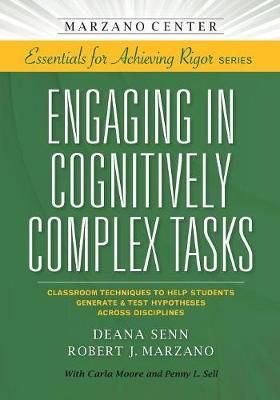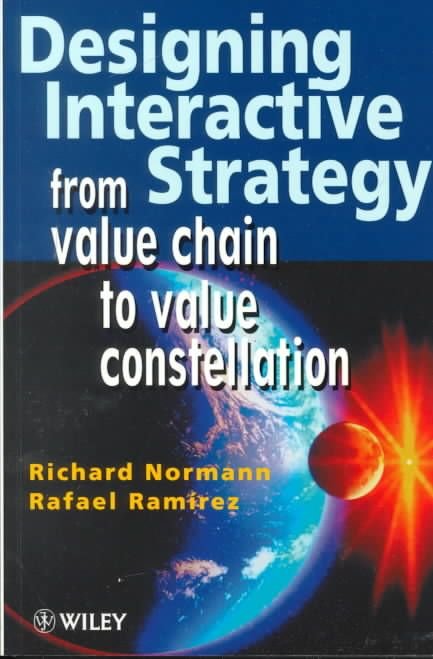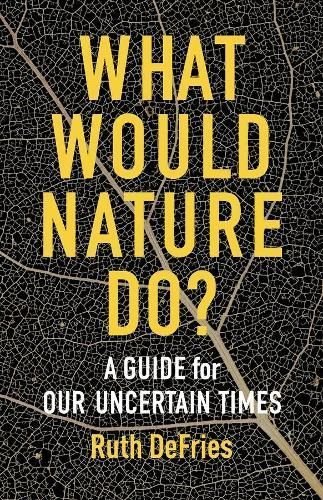Can your students analyze their own understanding of content?Academic standards call for increased rigor, but simply raising complexity is not enough. Students must also know how to investigate, experiment, solve problems, and deepen their understanding of the content. They need to be able to apply their learning to authentic, reality-based situations.Engaging in Cognitively Complex Tasks: Classroom Strategies to Help Students Generate & Test Hypotheses Across Disciplines explores explicit techniques for mastering a crucial strategy of instructional practice: teaching students to generate and test hypotheses. It includes:* Explicit steps for implementation* Recommendations for monitoring if students are able to generate and test hypotheses* Adaptations for students who struggle, have special needs, or excel in learning* Examples and nonexamples from classroom practice* Common mistakes and ways to avoid themThe Essentials for Achieving Rigor series of instructional guides helps educators become highly skilled at implementing, monitoring, and adapting instruction. Put it to practical use immediately, adopting day-to-day examples as models for application in your own classroom.












